The Factions Mortal
Each faction in this group is so classed because of its members' limited lifespans-- though some might age more slowly than a normal human, they cannot escape the ravages of time forever.
The Moon's Beasts
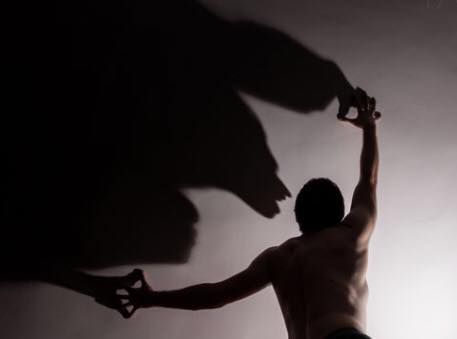
Though werewolves predominate in the Chicago area, the Moon's Beast faction technically refers to any of a myriad number of silver-hating were-creatures who can change their form at will into a half-human, half-beast hybrid. During the full moon, however, they are forced to change form and impressed with a burning desire for raw meat—with little care for the creature that supplied it. Moon's Beasts generally have an easy time incorporating themselves into human society, as they appear entirely human outside the full moon. Authority generally falls to the head of the largest pack; at the moment, that head is Henrietta Lane, a fearsome werebear in her seventies known for her belligerent attitude towards competing factions.
The Walking Dead
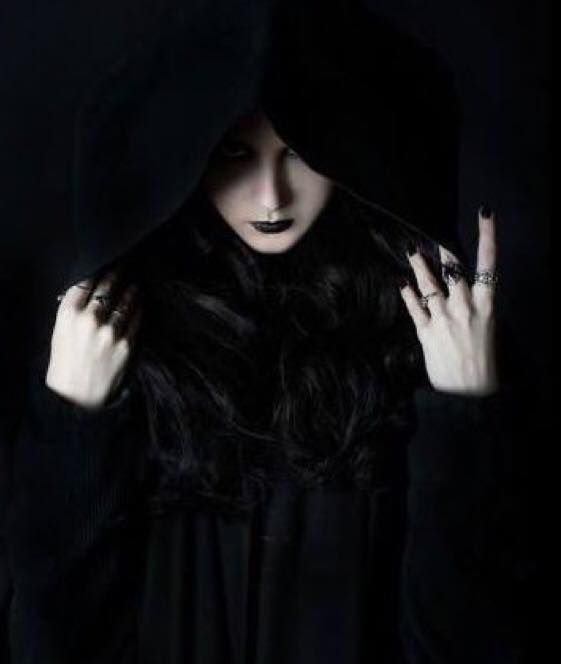
Zombies are far less common in Chicago than in the American South, the Caribbean, or Africa, where every dime-a-dozen necromancer has a corpse at their beck and call. Nonetheless, their presence can still be felt: corpses animated and sustained by dark magic who have somehow been freed from the control of the one who raised them. Zombies require either living/very recently deceased human flesh or a regular infusion of dark magic to survive. Zombie appendages and organs do not heal; however, parts and pieces of other corpses can be grafted on instead, where the reanimation magic will allow them to seamlessly join together and function normally.
The Enlightened
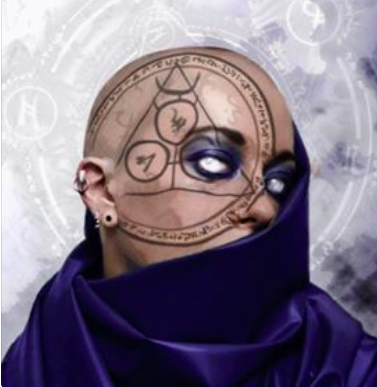
There exist outside of reality (at least, as it is understood) certain beings whose very presence warps the fabric of the world. Humans who learn too much of these beings are made ill by the mere mention of them; those who persist in learning about them go mad. Those who continue beyond even that are Enlightened. Enlightened humans sacrifice some portion of their sanity in exchange for reality-warping psychic abilities, including telekinesis, teleportation, and the occasional eldritch appendage. Generally speaking, the more sanity one sacrifices, the more power one gains—however, one must wonder if the cost is worth it.
The Wraiths
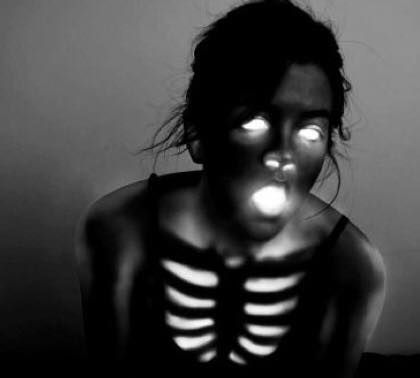
In a world filled with Others, death is not always the end. If a being (usually an Other of considerable power) dies in a sudden or violent manner, their soul may linger on, fueled by emotion and magic until one or the other runs dry. Wraiths are the least predictable of the factions, but generally show substantial loyalty to their own and a fear of Fallen and demons.
The Council
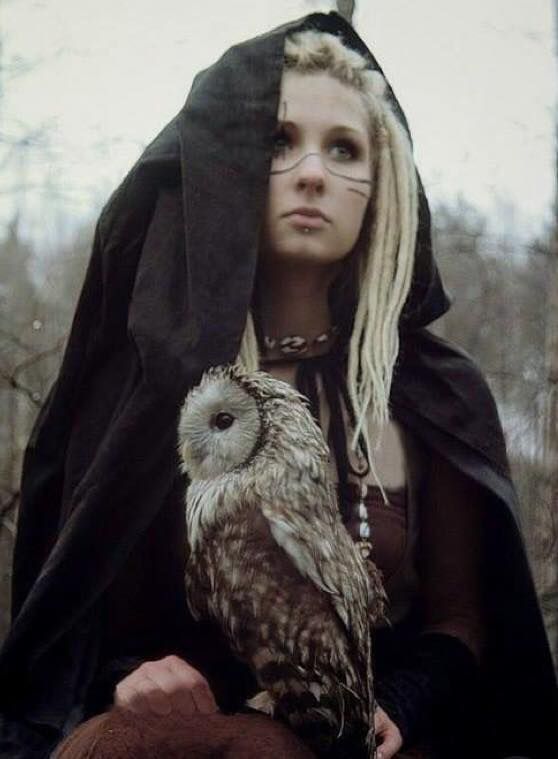
Of the ten factions discussed, six (demons, Fallen, weres, Enlightened, and both Fae courts) are capable of having children with humans. Though they might not share their parent's particular burdens, those children nonetheless receive some measure of their parent's power. Those whose abilities are too powerful to ignore find themselves a part of the Council, the group that shelters, trains, and regulates potential and active witches and warlocks. Though individually a member of the Council might lack the magical or physical heft of another faction, the Council as a whole is capable of great power when it moves together, and of considerable organization and subtlety even when not arrayed for war.
The Cassandrites

The twelfth faction, in all honesty, is barely a faction at all—there exists no hierarchy, no connection or tradition to unite its members. Rather, Cassandrite refers to any human who, unlike their fellows, has seen proof of the magical world around them and understands enough to act or interact with the other factions. It is impossible to say in general how each Cassandrite might have obtained this knowledge, or how much any of them might know of the Others who inhabit the city—it all depends on the situation and the person in question.
Bạn đang đọc truyện trên: AzTruyen.Top